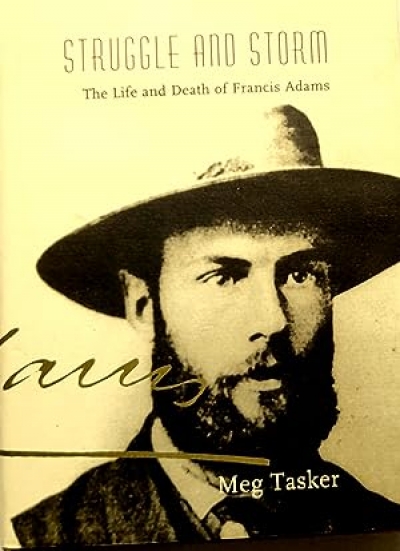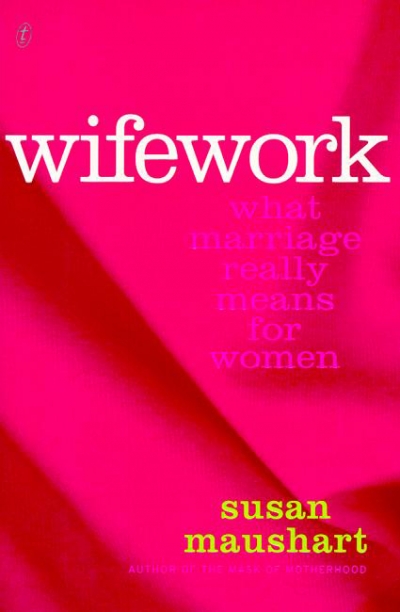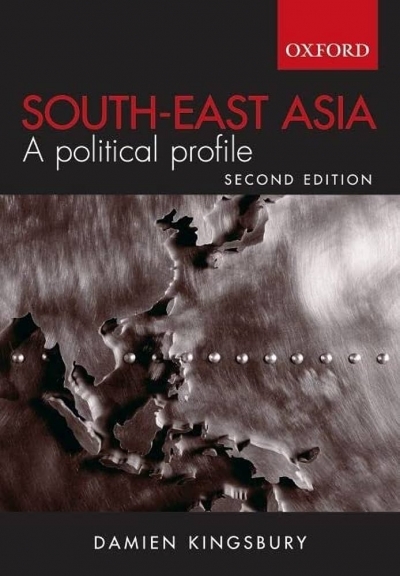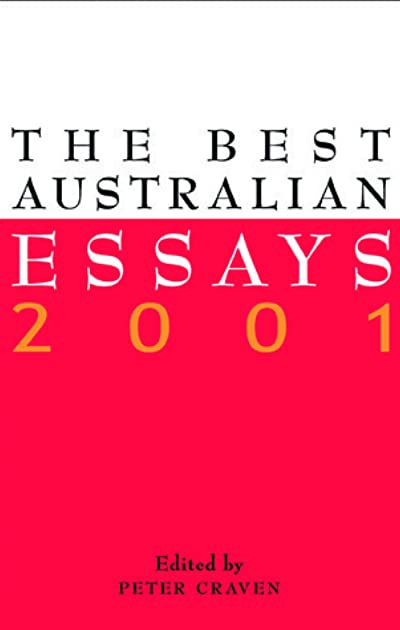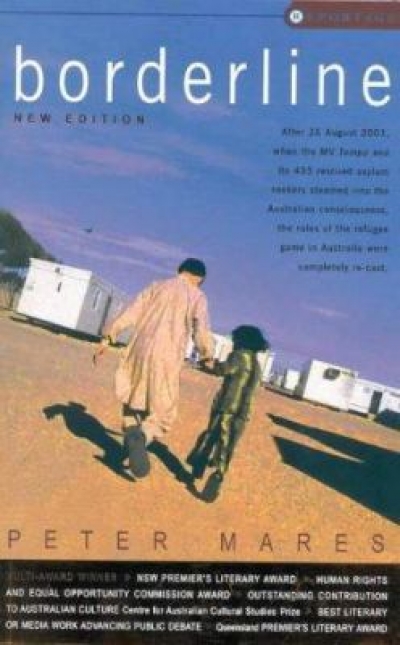Archive
Struggle and Storm: The life and death of Francis Adams by Meg Tasker
by Brian Matthews •
Wifework: What marriage really means for women by Susan Maushart
by Helen Marshall •
There are watchdogs and there are lapdogs. Watchdogs are alert. At the slightest movement, they growl. When they bite, it hurts. Lapdogs are alert – to their master’s moods.
... (read more)Lady Spy, Gentleman Explorer by Heather Rossiter and Miles Lewis
by Michael McGirr •
15 Kinda of Desire by Mandy Sayer & Willow Tree and Olive by Irini Savvides
by Thuy On •
Drugs and Democracy: In search of new directions by editors Gregory Stokes, Peter Chalk, and Karen Gillen
by Desmond Manderson •

